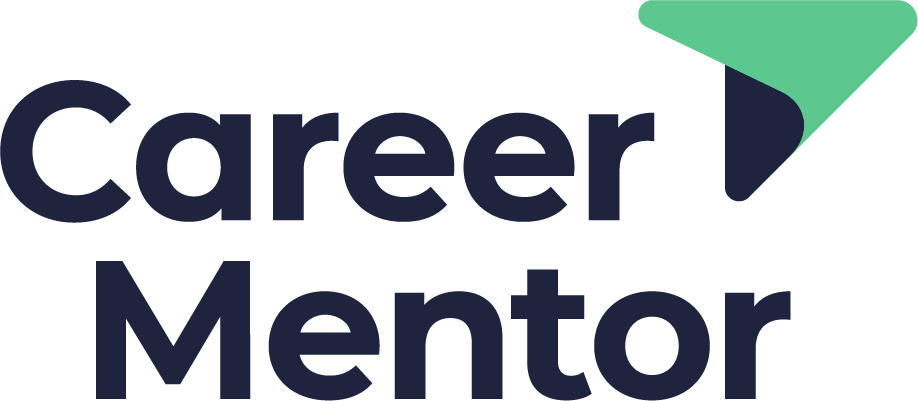Interviews: from interrogation to conversation
Is it fair to say that you’re more likely to influence the interviewer if you have a conversation, rather than a simple question and answer interrogation? I’d argue so. With this approach, the calculation as to how good a candidate you are is out in the open and can be discussed. The focus of this week’s blog is on how we can achieve this shift in interviews.
Before the meeting begins
Mindset is critical. Going into the interview being intensely curious will help you create the right Frame. It’s also important to present yourself as super curious about the role and thus to have done your due diligence before you step into the room (or call). Consider the questions you’ll want to ask and be able to clearly answer in the interview:
What are their business reasons for recruiting?
What specific objectives do they want the successful candidate to achieve?
What does the interviewer think are the most important skills and attributes for the role?
By the end of the interview, you should be able to understand if you have what they’re looking for. Of equal importance, do they have what you’re looking for, in terms of the people, culture, position, role, balance sheet, clients, etc.? Strong preparation before the meeting will ensure that you’re equipped with the knowledge to shift the focus of the interview and able to clearly articulate your value on the day.
As the meeting begins
Start by establishing a friendly rapport with the interviewer. We can define rapport as “a close and harmonious relationship in which the people or groups concerned understand each other's feelings or ideas and communicate well.” This will provide an opportunity and context within which to make the interaction less structured and formal, and, in turn, allow for natural conversation to develop.
During the meeting
There are a few specific techniques we can use during the interview itself:
Clarification questions: before answering a question from the interviewer, you might want to ask for a little more clarification so that you can provide the best example. That clarification with have required the interviewer to open up a little and is a good starting point. In my view, you can probably only do this once - or at most twice - in the interview, for fear of seeming too contrived.
Tag questions: when you ‘e finished answering, you can tag on a question about how the requirement implied in the question relates to the role they have in mind. Again, should the interviewer answer your tag question - well, now you’re in a dialogue and you’re building conversational momentum.
Tone of voice: This is important and you should shift this depending on the context. You can adopt a natural curious tone, a concerned tone or a surprised tone, as appropriate. It avoids the interaction seeming stilted or robotic, and instead it will feel more conversational.
Tempo: This is also key. If you speak too quickly, you won’t be giving the interviewer time to process what you’re saying. Allow yourself natural pauses and a slower tempo. This will have the effect of deepening the conversation, rather than rushing through and not giving due time for consideration.
Be responsive: Build and expand on comments or statements made by the interviewer, and follow up with a question. This can be as simply as ‘That’s interesting. Can you tell me more about that?’, ‘How long has this been going on?’, or ‘What have you tried so far?’. These probing questions are designed to dig deeper beneath the surface level. They can only really be done once you’re in an open and flowing conversation. Again, rapport is important. If you’re asking the interviewer to open up, there’s a chance they might feel vulnerable - be careful of crossing an invisible line here.
Having an intensely curious mindset, establishing great rapport and using various types of questions will encourage the interviewer to engage in a conversation. This will enable you to better understand what that person is looking for and more precisely match the need with what you have to offer.
I hope you’ve find this useful. A significant part of our Foundation Coaching programme focuses on interview technique. If you’d like to find out more, let’s talk. You can use this link to book a free, no-strings-attached call.
